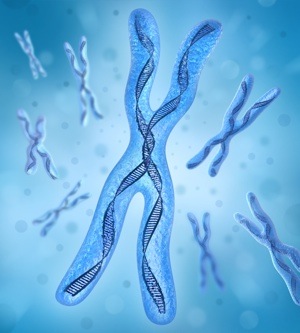An Insight on PCOS Treatments and Addressing Complications Related To the Syndrome
The condition known as PCOS (Polycystic Ovarian Syndrome) is known to affect millions and millions of women the world over. Though detected in the 18th century, and PCOS treatment were rather primitive, the clear understanding of the condition was brought to light in mid 1930's by Irving Stein and Michael Leventhal. Thus, the coined term Stein-Leventhal Syndrome was formed, in honor of their contributions. Polycystic Ovarian Syndrome is growth of cysts in the ovaries. There are other names used to describe this condition, depending on the type and the level of complication of the syndrome. If a woman has enlarge polycystic ovaries and he may have missed some of her menstrual periods, she may be experiencing the beginnings of the syndrome.

It is common for women to experience having abnormal growth of cysts in their ovaries. However, they vary in intensity. You can notice this same thing with the other complications that normally come about as the syndrome develops. Women will mostly have the same symptoms, although there are others who may manifest more symptoms than the rest. Others could be experiencing irregular menstrual cycles and acne breakouts, while others could have symptoms that include changes in hair and skin pigmentation as well as oily skin. People would immediately conclude that the person has Polycystic Ovarian Syndrome the moment these symptoms are observed. However, this is still under research; the only accountable, but not fully proven to be factual reason for the syndrome is due issues such as irregular menstrual circles, irregular insulin resistance, and heightened androgen levels in the body.
Since PCOS will have several complication attached to it, treatment of the Polycystic Ovarian Syndrome will not only focus on a particular thing. Since the ovarian cysts are the growths involved, one possible complication that is most dreaded by people is infertility. This would require a special form of surgery to be performed. On the other hand, the syndrome will lead to issues of high blood pressure, and possible heart problems. The treatment should also be devised in such a way as these complications will be addressed. Skin problems normally associated with the syndrome would also be addressed. In worst cases, the doctors would also be on the lookout for cancer. While PCOS may not pose adverse dangers, the complication came about due to it can at times lead to death if not properly addressed.
Its common knowledge that prevention is the best medical answer to diseases; however, some illness will get to us even with the best of prevention measures that we put in place. One such illness is PCOS. After all, we could not really pinpoint any solid evidence as to the cause of the illness affecting a woman.
But one look at the type of life that most women lead will leave you no doubt as to why they became afflicted with the condition. It is also possible for women to have endometrial cancer no matter how much preventive measures they apply. You can prevent this from escalating further by adapting some positive changes to your lifestyle and by eating right. If a woman changes some of her habits as reinforcement to her PCOS treatments, she would also be taking steps to prevent other problems, such as diabetes, obesity and weight problems, blood pressure, and heart disease.
